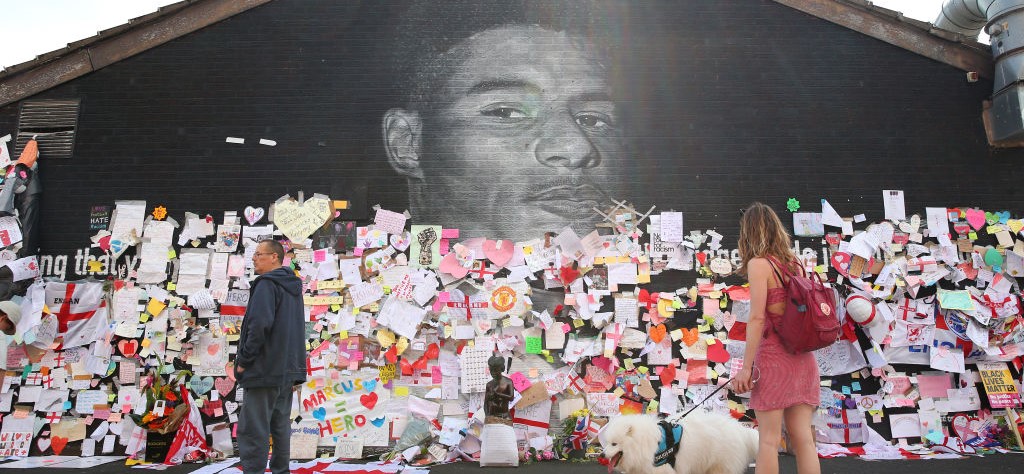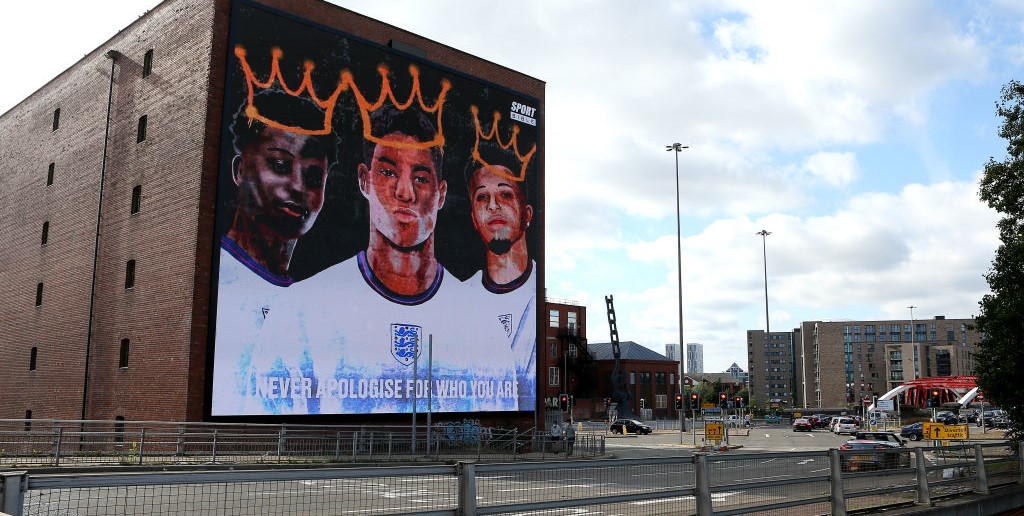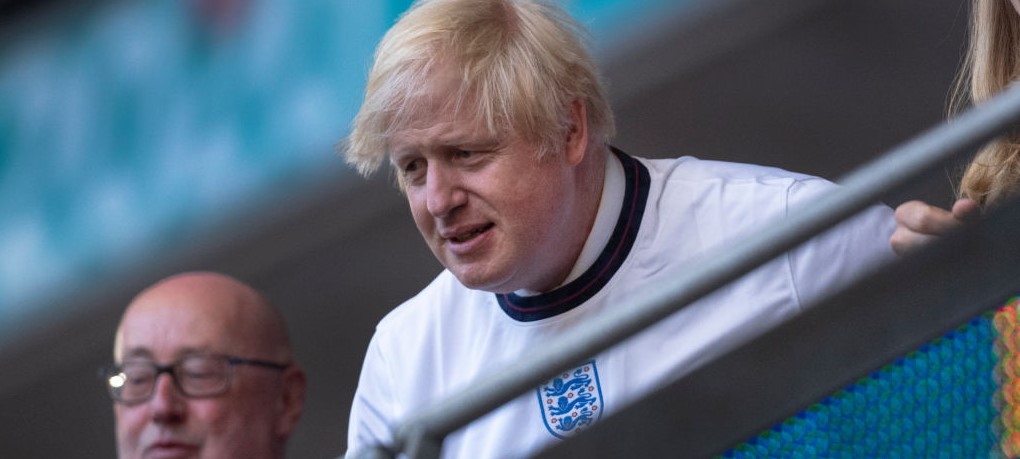Football’s cash cows?
In the first of our new series of features on equal access for sports, Adam Heppell asks are the ticket prices clubs charge their fans good value for money?
Football fans everywhere, ask yourselves: do you feel valued by your club? Â Do you feel your support matters?
If the answer to that question is yes then fair enough. If not you are not alone. The role of football fans is changing making it more difficult for us, the fans, whose hard earned money goes into the clubs’ funds, are left scrambling to afford a ticket.
England is by far the most expensive country in Europe to follow football. Tickets are far more reasonably priced at other leading European clubs and leagues. A fine way to reward one of the most loyal sets of fans in Europe?
Joe McIndoe, a season ticket holder at Southampton FC believes this is most definitely the case.
“Football in the top flight could certainly be better value – ÂŁ35 to ÂŁ40 is not exactly what I would call cheap. Southampton operates a category system so the price you pay for a game against Stoke isn’t the same as Manchester United for example.”
Â
“Any excuse”
He adds “Clubs could put prices down even further but they won’t because any excuse to make money is a good excuse.”

The clamour for merchandise and replica shirts is an added expense that fans pay willingly. A fact made worse when clubs change kit designs or club logos every year or two. A simple solution perhaps could be a set price across all clubs in England.
Ticket prices are set at a time when income generated through gate receipts stands at a maximum of 30 per cent of overall income for England’s leading clubs, Arsenal, Chelsea, Manchester United, Manchester City, and Tottenham Hotspur.
Unite Assistant General Secretary Steve Turner said, “Ticket prices will not drop without action to regulate them, and price caps and a statutory fans charter, giving fans rights over corporate interests all have a role to play.
“The often close to extortionate cost of a matchday ticket is rapidly pricing out families and with them the next generation of â€real supporters’, leaving stadiums to the mercy of sterile corporate boxes and empty padded second half seating while the suited enjoy their lunch and glance at TV screens over a glass of Chablis,” he added.
The income generated through television broadcast deals dwarfs the income through the turnstiles. With such riches they have no excuse for not reducing the cost to fans. It would appear that clubs are more concerned with maximising income commercially and broadcasting than looking after their fans.
With today’s spiralling prices football fans may soon find themselves compromising on basic living needs such as food or housing in order to buy a ticket. It could soon be a choice between football and eating. It would seem that many off us simply don’t earn enough to support our love of the live game.

Unite has long called for a substantive hike in the minimum wage to ensure that it is a real living wage — one that enables all workers to have a basic standard of living. This would mean raising the minimum wage to £10 an hour. Current rates for the voluntary living wage are £9.75 in London and £8.45 throughout the UK.
“Pay packets are taking a hammering from rising inflation and falling wage growth,” TUC general secretary Frances O’Grady said. “We now need urgent action to stop another living standards crisis.
“The minimum wage needs a serious boost in the coming years, and the TUC believes it should reach £10 an hour as soon as possible. This should be for all workers, instead of the current raw deal that gives young workers a lower rate.”
In fact, Resolution Foundation economic analyst Stephen Clarke warned, “Forty per cent of the workforces are experiencing shrinking pay packets according to the latest figures, in sectors ranging from accommodation to finance and the public sector.”
So until the minimum wage reaches ÂŁ10 an hour clubs and authorities must act.
A Premier League initiative to cap tickets for away fans at ÂŁ30 has been put into effect. It’s aimed at helping away fans with the cost of following their club while contending with spiralling food, drink and travel costs.
In 2013 the “Twenty is Plenty” campaign was set up as a means to absorb the cost to fans. “Twenty is Plenty” saved 68,000 Premier League fans a mammoth ÂŁ738,000 in its first two seasons.
Â
Cold Wednesday night
It’s a positive first step but Joe wants to see more wide-ranging changes to prices.
“To make things easier clubs could give season ticket holders League Cup games for free. No fan wants to pay extra money on a cold Wednesday night and clubs would only need to do this for four games a year,” he suggests.
Supporters are effectively being charged twice to attend football matches either through the cost of tickets or the ever more expensive TV subscriptions.
But the latest round of television rights agreed between the Premier League, BT and Sky Sports totals nearly £2bn. The deal distributes money evenly among the 20 Premier League clubs, the guaranteed income should ensure that fans are not pressurised any further with their hard earned cash.
Football clubs used to be at the centre of the community. Fans flocked to the stadium to support their local team. It would appear this is no longer the case. Fans do not seem to have quite the same sense of identity and belonging to clubs that they once did. This is especially so at Premier League level where there are other sources of vast income.
Steve Turner called for clubs to rethink their strategy, “Putting the real fan at the centre of our game and clubs at the heart of our communities is the only way to protect our game and with it the next generation of not only supporters but players.
“Multi million pound player transfers and obscenely high wage packets are killing our game, keeping our kids on the benches and our national teams desperate for players with world class experience on the pitch.
“Now is the time to take control of our game, wrestle it back from the corporations and sponsors killing it and put our genuine fans in control of our clubs,” he concludes.
So, despite greater financial resources, I don’t believe football clubs are doing enough to protect fans. More clubs should freeze or reduce ticket prices. Ask yourselves, as the lifeblood of clubs how can clubs are allowed to continue to treat their fans like cash cows.
 Like
Like Follow
Follow


